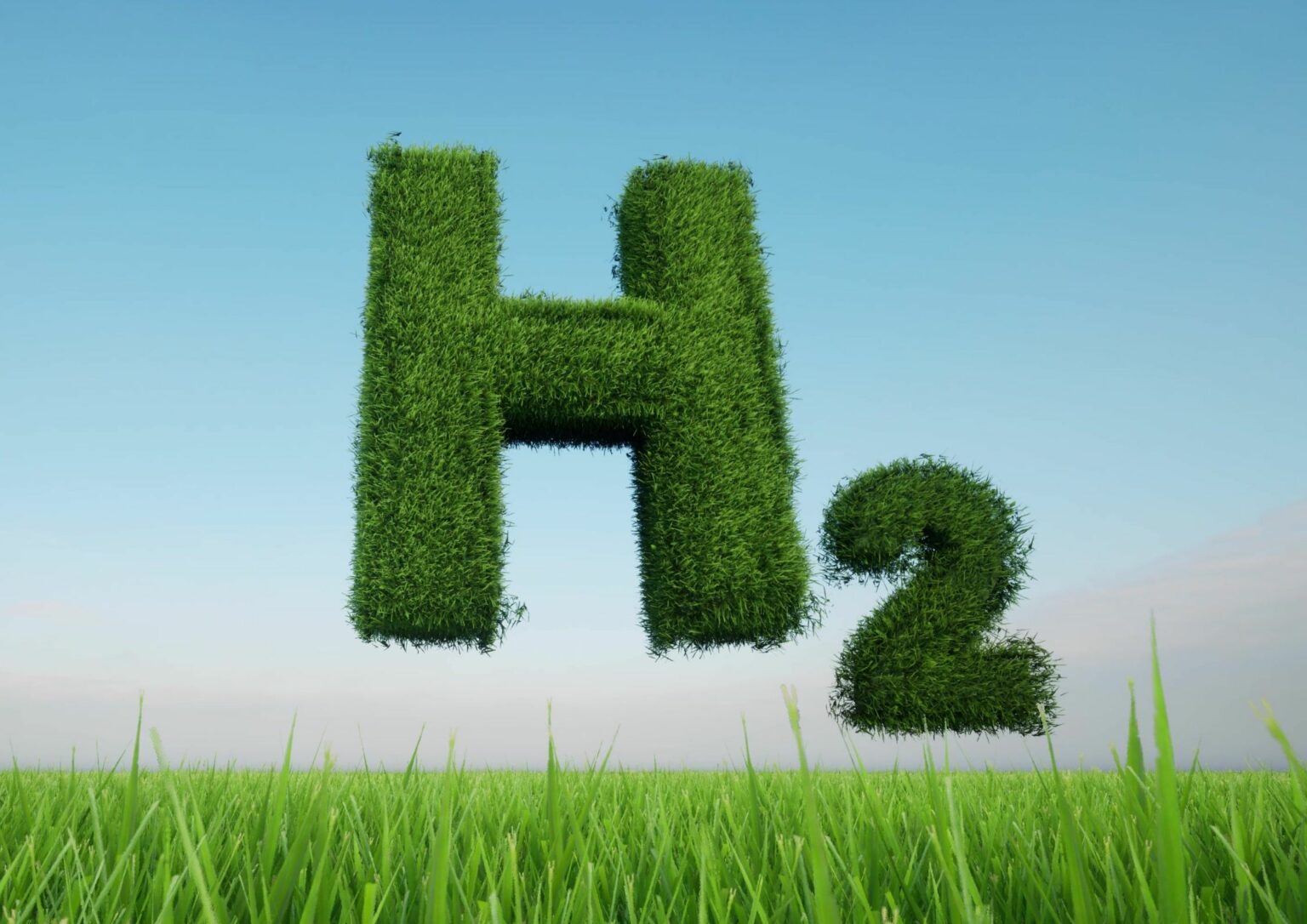The German federal government is planning a hydrogen core network by 2032 to ensure hydrogen distribution.
In Baden-Württemberg, the plan includes pipeline connections for the Rhine-Neckar region and the greater Stuttgart area. However, the CDU warns that many parts of the state will not have guaranteed supply. Hydrogen plays a crucial role in the sustainable energy future, and integration with imports from southern and southwestern Europe is essential.
CDU deputy federal chairman and energy politician, Andreas Jung, warns that without immediate action, the southwest will become hydrogen deserts. Federal Economics Minister Robert Habeck must address this north-south imbalance that disadvantages Baden-Württemberg. CDU leader Manuel Hagel criticizes the current plans, stating that the state is being left behind, which is unacceptable.
Baden-Württemberg, accounting for ten percent of Germany’s area and twenty percent of its industrial value added, is only allocated just over five percent of the hydrogen pipeline kilometers in the core network. This disproportion is a significant concern for the region.
Hydrogen is a versatile solution to combat climate change. It can replace coal, oil, or gas combustion in industry and transport. Produced through electrolysis, hydrogen (H2) is separated from water (H2O) using electricity. When renewable energy powers this process, it creates green hydrogen, which can, in turn, generate electricity via a fuel cell. A survey by the State Ministry for the Environment indicates that Baden-Württemberg needs more hydrogen than initially projected to achieve climate neutrality by 2040.
